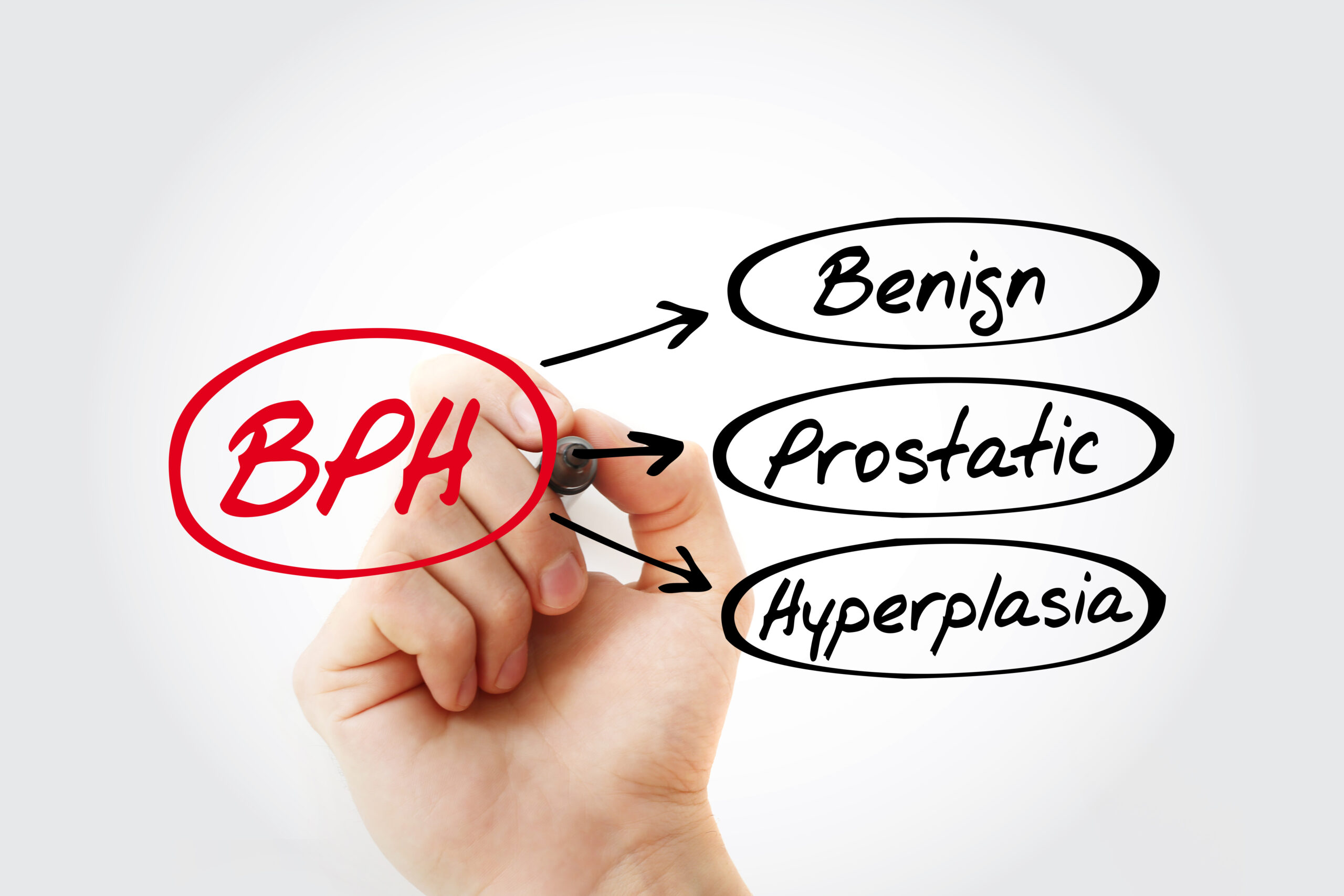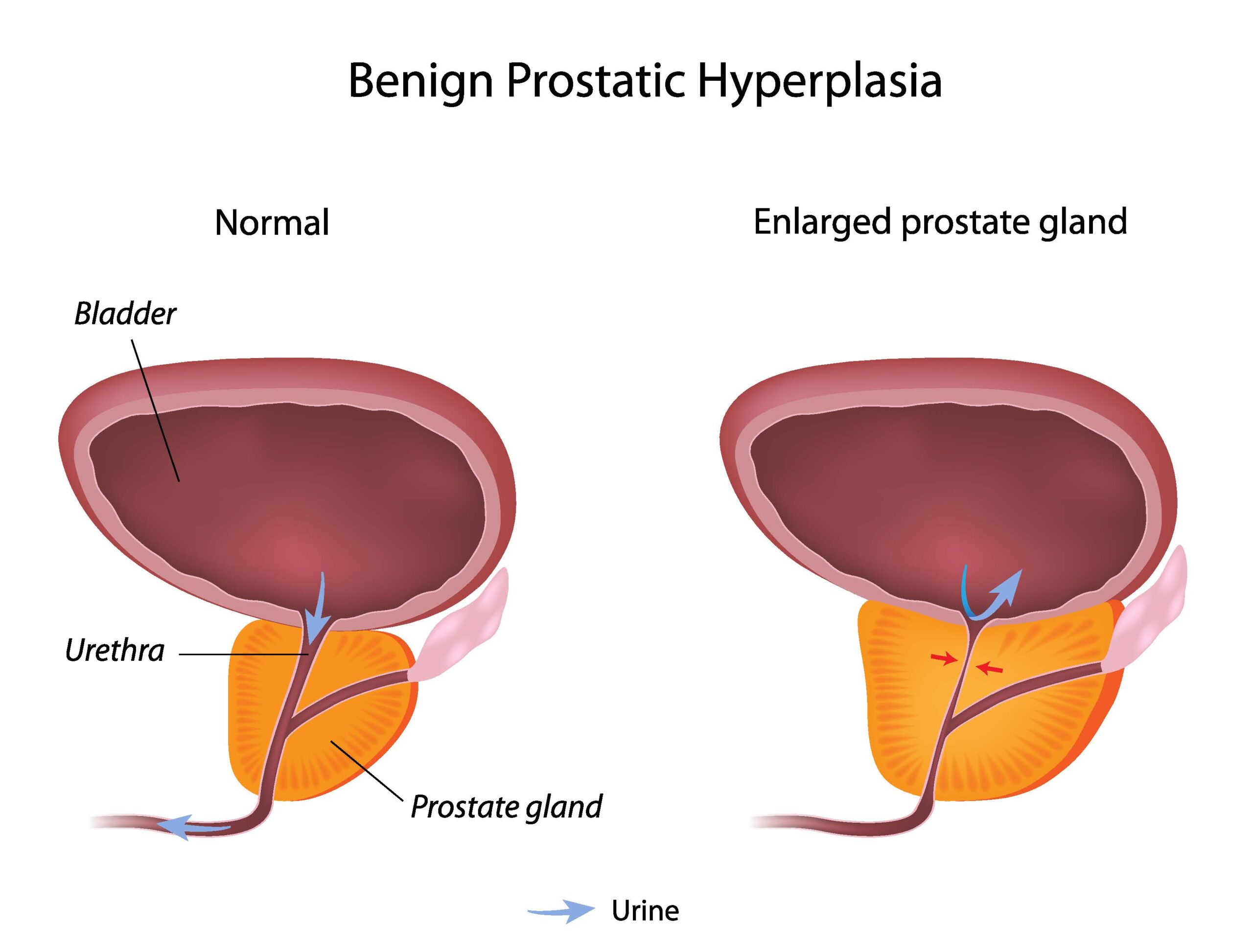Trips to the emergency room due to kidney stones are prevalent in the US and have increased in numbers throughout the years. More than half a million people in the US are rushed to the emergency room because of kidney stone problems. Both men and women are affected and most likely to experience this issue after the age of 30.
Often, kidney stones can go unnoticed until they travel through your bladder and get trapped in the ureter. When the kidney stone blocks the urine path, it needs immediate medical assistance from a urologist. But how are kidney stones diagnosed and treated? Are there any medications you can take? Here is a brief guide on kidney stones and what you need to know about them:
Kidney stones form when urine has too much waste dissolved in it. These wastes form crystals and can stay in the kidney or travel in your urinary tract if not treated. The chemicals found in these kidney stones are usually calcium, urate, cystine, oxalate, xanthine, and phosphate. When the stones pile up in your kidney, they can cause you immense pain.
The crystals can be flushed out with your urine when they’re still tiny. However, when you lack hydration and continue to build crystals, the stones become bigger and ultimately affect your kidney, bladder, urethra, and more.
Unfortunately, there are kidney stones that go unnoticed. Sometimes, after taking a health exam and getting an X-ray, you will find out that you have stones in your kidneys. Another way to find out is when you experience pain and have to go through tests to figure out the cause. Your urologist will ask you to get a urinalysis to confirm if you are dealing with kidney stones.
You urologist will have to perform several tests to know what kind of kidney stones you have. The treatment depends on the location, the size, and type of kidney stones present in your body. Once you have the results of your exams, your urologist will recommend treatments depending on your case’s severity.
Some may go through shock-wave lithotripsy, which uses energy waves to destroy the stones. Another treatment is ureteroscopy, a more invasive approach wherein an endoscope is inserted to your ureter to recover the stones. If your case is severe, you may have to undergo surgery. Meanwhile, if you have a minor incident, drinking lots of water should flush the crystals out of your system.
Before going to the pharmacy to get medication, please ensure that your urologist has given you a prescription and the “go” signal.
Your urologist may recommend some medications like pain relievers for when you feel discomfort as the kidney stones pass your system. For severe cases, your urologist may give you medication that can help your kidney stones pass by relaxing your ureter muscles.
Kidney stones can happen to anyone, especially if you aren’t following a healthy diet and ignoring the signs your body is giving. Be conscious of what you’re consuming daily and listen to your body. Go straight to your urologist when something doesn’t feel quite right. That may prevent you from having major kidney stone problems.
Do you have more questions about kidney stones and how to prevent them? The University Urology Associates of New Jersey has the best urologists in New Jersey. We are a team of professionals that provides expert care and treatment for our patients. Request an appointment with us today!
All content found on the UUANJ.COM Website, including text, images, audio, or other formats were created for informational purposes only. The content is not intended to be a substitute for professional medical advice, diagnosis, or treatment. Always seek the advice of your physician or other qualified health providers with any questions you may have regarding a medical condition. Never disregard professional medical advice or delay in seeking it because of something you have read on this website. If you think you may have a medical emergency, call your doctor, go to the emergency department, or call 911 immediately.


